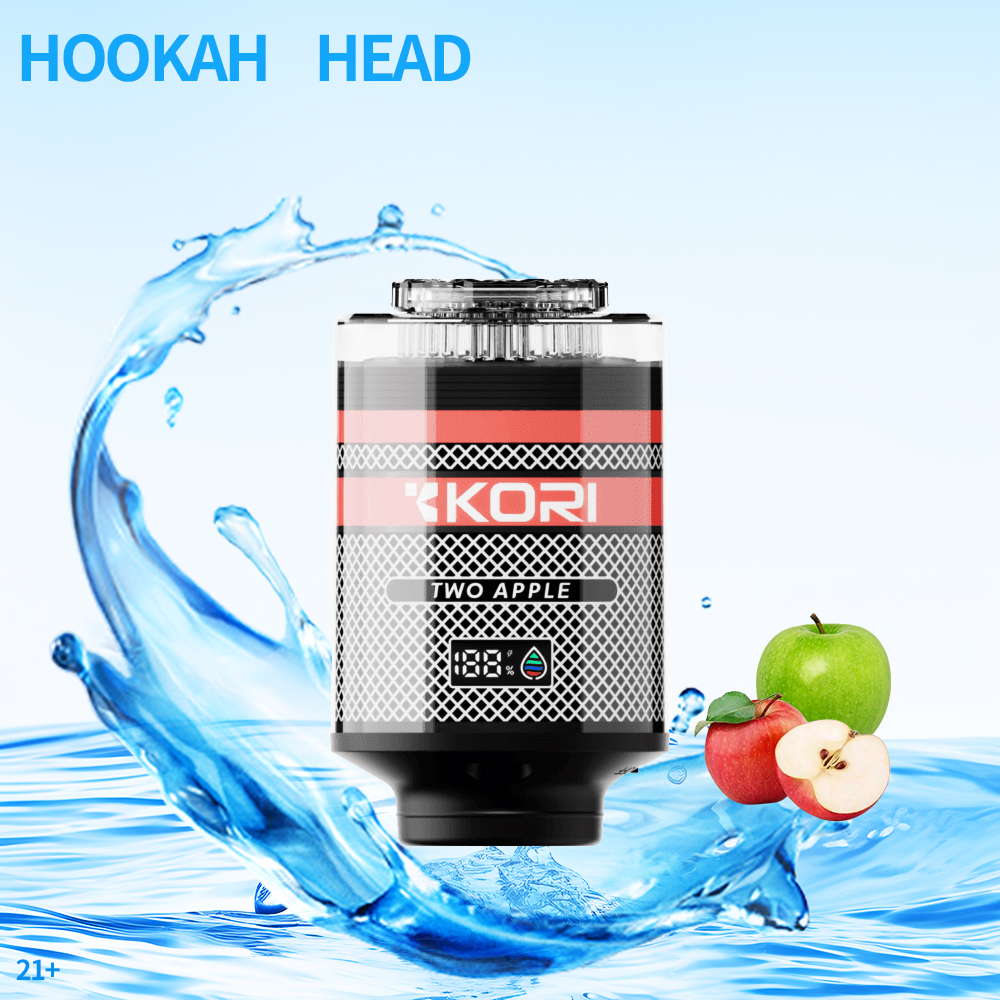What Online Vape Shops Don’t ID: Understanding Age Verification in the Digital Age
The rise of online vape shops has transformed the way enthusiasts purchase vaping products. With a mere click of a button, consumers can access a wide range of options, from e-liquids to advanced vaping devices. However, this convenience has raised crucial questions about age verification protocols and the responsibilities of online retailers. This article will delve deep into the nuances of age verification in online vape shops, examining what these retailers don’t do regarding identification checks.
The Importance of Age Verification
Age verification is paramount in preventing underage access to vaping products. Governments around the world have imposed strict regulations requiring retailers to ensure that their customers are of legal age. The legal age for purchasing vaping products varies by country, and it's essential for online shops to comply with these laws to avoid severe penalties.
Each online retailer has the responsibility to implement robust systems that can accurately verify a customer’s age. Failure to do so not only endangers the health of minors but could also result in significant fines and damage to the retailer’s reputation.
What Online Vape Shops Often Skip
While many online vape shops claim to implement age verification processes, numerous retailers often fall short in specific areas. Here are some critical points where these shops might not fully comply:
1. Manual Age Verification Checks
Many online retailers rely on self-declaration forms where customers simply enter their birthdates. This method is fraught with risk since minors can easily lie about their age without any verification methods in place. Contrary to what some customers may assume, simple confirmation systems are usually not enough to ensure safety and compliance.
2. Inadequate Technology Implementation
While some vape shops use automated systems to verify age, the technology can be outdated or insufficient. Many retailers fail to use robust age verification software that cross-references customer data with public databases, leading to inadequate checks and vulnerabilities in their processes.
3. Lack of Staff Training
Another issue is that companies often do not train their customer service representatives on age verification practices. When staff members aren’t well-informed about the importance of age checks and how to correctly execute them, it can lead to significant oversights. Comprehensive training is essential for guaranteeing that any manual checks or customer interactions are effective.
The Risks of Inadequate Age Verification
With the convenience of purchasing vaping products online, inadequate age verification practices can lead to serious consequences.
1. Health Risks to Minors
One of the most concerning impacts of poor verification processes is the potential health risks posed to minors. Vaping can lead to a range of health issues, and exposure to these products at a young age can result in long-term effects on development. Responsible retailers should never compromise on age checks to avoid contributing to this public health issue.
2. Legal Repercussions
Retailers who neglect to follow age verification laws may face fines and other penalties issued by regulatory bodies. Additionally, repeated infractions can lead to license revocation and legal action, which could severely impact their business operations.
3. Damage to Brand Reputation
Customers are increasingly becoming aware of the importance of responsible retail practices. If an online vape shop gets caught selling products to minors, they risk public backlash and media scrutiny. A tarnished reputation can lead to lost sales and difficulty in attracting new customers.
Best Practices for Online Vape Retailers
To enhance age verification practices, online vape shops can adopt several best practices:
1. Advanced Verification Technologies
Investing in advanced age verification technologies that include biometric checks or identity document verification can bolster customer validation processes. These technologies are difficult for minors to bypass, providing an additional layer of security.
2. Regular Audits
Regular audits of age verification processes can help online shops identify any weaknesses in their systems. By continually assessing these protocols, they can strengthen compliance and address any potential issues before they become problematic.
3. Clear Policies and Communication
Being transparent about age verification policies can build trust with customers. Retailers should clearly outline their procedures and emphasize the importance of these checks on their websites, which can also serve as a marketing advantage.
Consumer Responsibility
While online vape shops must abide by legal regulations, consumers also have a responsibility to ensure they are of legal age before making a purchase. Awareness regarding the potential health risks of vaping for minors is essential, and consumers must advocate for responsible selling practices.
The culture around vaping can sometimes downplay the critical importance of keeping these products away from underage individuals. As a community, everyone needs to come together to support responsible practices while encouraging healthy habits.
Final Thoughts
The evolution of online vape shops has certainly changed the game in accessorizing vaping products. However, as highlighted in this article, the responsibility for age verification cannot be neglected. As more shoppers turn to the internet for their vaping needs, it’s essential that regulations keep pace. By adhering to strict age verification protocols, retailers can protect themselves, their customers, and public health—all while contributing positively to the vaping community.





